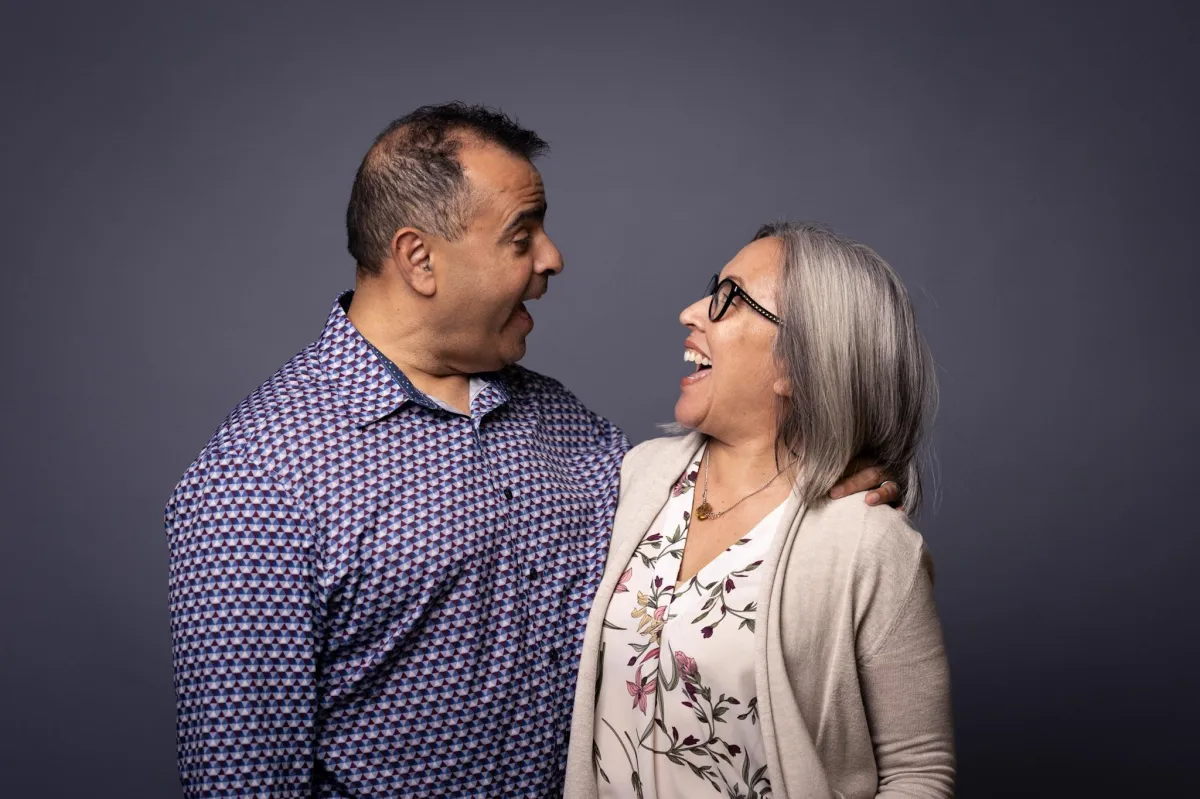Connect with
Kari Hagensmith
FROM GAIN THE EDGE
Sales is the oxygen for your business.
Lets get you earning more money easier and faster.
So glad you are exploring great opportunities!
SCHEDULE A CALL & DISCOVER THE STRATEGIES THAT WILL SUPPORT
YOUR BUSINESS, SALES & GROWTH GOALS!
Who is Gain the Edge?

JIM PADILLA
The Sales Godfather
Jim Padilla is the kind of leader who’s been through life’s fire and emerged with grit, wisdom, and an unstoppable drive.
Born to a teenage mom navigating a tough situation with anger, Jim’s early years were marked by a chaotic upbringing that ultimately landed him in foster care at 15, on the streets at 16, and in jail by 18. The following decade wasn’t any easier, but Jim credits his past for equipping him with the skills to lead in high-stakes environments.
He learned how to keep people safe, navigate volatile situations, and influence others to make grounded decisions—all skills that have been essential to his success in sales and business building.
Today, Jim channels his background into guiding business owners through their most critical challenges, helping them turn chaos into order and complexity into profit.

CYNDI PADILLA
The Legacy Architect
Cyndi Padilla was raised with stability and a fairytale childhood, enjoying the security of a loving, two-parent home. But life threw her a curveball when, after marrying young and having three beautiful daughters, she discovered her husband’s battle with alcoholism.
After nine years, Cyndi made the courageous decision to leave the marriage, determined to protect her girls and build a better life.
What followed was a long journey, facing restraining orders and challenges that pushed her to new levels of strength.
She committed herself to raising her daughters to be exceptional, resilient, and contributing members of society—and she succeeded. Today, Cyndi brings that same commitment, vision, and grit to the clients she serves, guiding them to build solid, sustainable businesses that reflect their true potential.
WHAT GAIN THE EDGE DOES
We create opportunities and
connections designed to increase revenue, profitability and purpose in all areas of life and business!

Featured In






Schedule Now
Choose Your Appointment
Connect with Kari
Clarity & Alignment Call
30min
Business Exploration
Discover A New Way Forward
30min
what others have to say about us

"This is the Largest
Amount of Money
I've Ever Made"
Jay Hornbuckle
Founder & CEO of ABATYS

"Jim has the deepest
depth of offer creation
of anyone I have
ever met"
Claire Zammit
Founder & CEO of Evolving Wisdom
and Feminine Power
What I received was beyond sales training—it was transformation in how I show up in business
Bonita Grobbelaar
Scale to Impact
The support I received from Gain the Edge felt like having a world-class sales department plugged right into my company
Erik K Johnson
Podcast Talent Coach
Gain the Edge helped me own my value, communicate it clearly, and close with confidence
Melinda Lee
Speak In Flow







